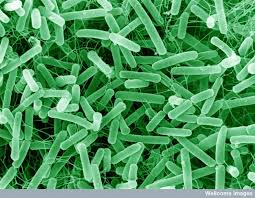
Sustainable Agriculture (starts 3:06): We couldn’t feed the planet without nitrogen, a vital nutrient for crops. But most soils don’t produce enough of it to feed anywhere near our 7 billion-plus humans on the planet. So, for nearly a century we’ve been applying synthetic fertilizer—mainly nitrogen and phosphorus — to grow crops for animals and people. But we have overindulged, creating vast amounts of waste, in the form of nitrogen pollution of waterways and the atmosphere. State and federal regulations have pressured growers to dramatically reduce fertilizer runoff from their fields. But it’s not been enough. Another approach – call it the carrot versus the stick – is also taking hold. Major food retailers, wholesalers, and producers, such as Walmart, United Suppliers and Unilever are transforming their whole supply chains, making food production less carbon- and nitrogen-intensive. Suzy Friedman, a sustainable agriculture expert with the Environmental Defense Fund, discusses with host Susan Moran how programs such as SUSTAIN help large food companies shrink their environmental footprint.
Hosts: Natalia Bayona, Susan Moran
Producer: Susan Moran
Engineer: Tim Russo
Executive Producer: Susan Moran
Listen to the show:
Podcast: Play in new window | Download (Duration: 26:26 — 24.2MB)
Subscribe: RSS








